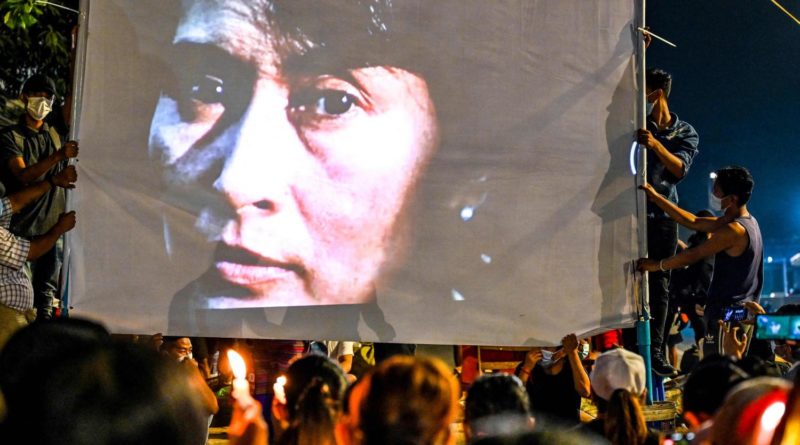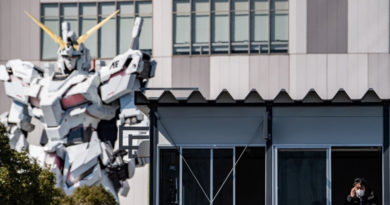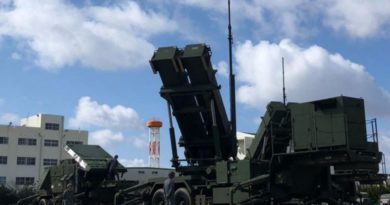OP ED OPINION- BANGKOK POST- Asean lags behind Myanmar curve
Asean is no less split on the Tatmadaw’s raw power grab. From the outset, Indonesia, Malaysia, and Singapore, with the Philippines to a lesser extent, have called for a halt to violence, release of political prisoners, and restoration of the decade-long democratic process that was extinguished by the putsch. Cambodia, Laos, Vietnam, and Thailand to a lesser extent have taken a “non-interference” hands-off approach, turning a wilful blind eye to the Tatmadaw’s atrocities against its own people, as more than 900 civilians have died, 7,000 arrested, and 5,500 detained.
Delicate task for Asean special envoy to Myanmar, but the clock is ticking

Brunei would have vouched for the latter camp of Tatmadaw apologists and fellow authoritarian regimes were it not the current Asean chair. After three months, Second Foreign Minister Erywan Yusof was belatedly put up as the Asean envoy in a last-minute exigency during the 54th Asean foreign ministers’ meeting this week. It was not like Asean was firm and resolute in doing something about Myanmar. The move was a grudging face-saver, taken because its absence would have been even more embarrassing to the outside world.
As insider accounts have emerged, the “envoy” issue further demonstrated Asean’s divisions not just on Myanmar but also on how each member state sees itself and how Snr Gen Min Aung Hlaing sees fellow Asean members.
For weeks, the envoy candidates in the mix centred on Indonesia’s former foreign minister Hassan Wirajuda and Thailand’s former deputy foreign minister Virasakdi Futrakul. Malaysia reportedly proposed Razali Ismail, its veteran diplomat who was the UN special envoy for Myanmar in the early 2000s. With such names floated around, in addition to the Bruneian candidate, Snr Gen Min Aung Hlaing preferred the Thai choice, who had served as ambassador to Myanmar in the early 1990s with an ongoing rapport with the Tatmadaw. Thailand’s and Myanmar’s militaries also have close ties. The envoy process thus became an Asean political football game, while lives were being lost with intensifying violence inside Myanmar.
When the music stopped this week, Brunei ended up with all three main positions, with the sultan as Asean chair, Lim Jock Hoi as Asean secretary-general, and Erywan Yusof as Asean envoy to Myanmar. After so much time-wasting, this team is unlikely to generate much momentum in leading a delegation visit, starting a dialogue with all parties concerned, and promoting humanitarian assistance in the face of Myanmar’s grim post-coup situation and dire prospects. In addition, Brunei will soon hand over its rotational Asean chair to Cambodia.
The Covid-19 pandemic has made it more difficult for Asean to handle Myanmar’s coup and crisis. In recent weeks, Southeast Asia has been ravaged by the virus and its Delta variant, with record infections and deaths. But, to be sure, the pandemic did not cause Asean’s inertia and ineffectiveness on Myanmar but only complicated and compounded it.
Both Asean and the broader international community will face a litmus test next month at the UN where Myanmar’s legitimate representation will be an issue. Myanmar’s oppositional resistance and insurrection from the different columns under the civilian-led National Unity Government (NUG), including the Civil Disobedience Movement (CDM), the Committee Representing Pyidaungsu Hluttaw (CRPH), the Ethnic Armed Organisations (EAOs), and the People’s Defence Force (PDF) are on one side and the Tatmadaw’s SAC on the other.
Asean’s split from the beginning is likely to continue, as evident in the 10-member organisation’s divergent positions on the UN General Assembly’s non-binding resolution to impose an arms embargo on Myanmar.
The UNSC will be similarly polarised. The international community will probably keep urging Asean to act on Myanmar as much as Asean will drag its feet and muddle some more.
Yet the major powers and players are unlikely to bypass or marginalise Asean because they need Asean-centred regional platforms, such as the East Asia Summit and other security-related dialogues and forums.
Two strategic miscalculations underpin Myanmar’s crisis. Snr Gen Min Aung Hlaing underestimated the fierce resistance after the Tatmadaw seized power in light of the overwhelming election results in favour of the civilian-led National League for Democracy. Moreover, Asean governments broadly misread the Tatmadaw’s takeover as just another coup that would succeed.
Myanmar’s coup is done but not dusted. With the international community constrained and Asean ineffectual, the Myanmar people are in a fight on and of their own.
No one is coming to help from outside. This is the sad and stark reality that could also fuel and galvanise resistance and opposition in states, divisions, and townships across the country.
THITINAN PONGSUDHIRAK
A PROFESSOR AT CHULALONGKORN UNIVERSITY
A professor and director of the Institute of Security and International Studies at Chulalongkorn University’s Faculty of Political Science, he earned a PhD from the London School of Economics with a top dissertation prize in 2002. Recognised for excellence in opinion writing from Society of Publishers in Asia, his views and articles have been published widely by local and international media.














